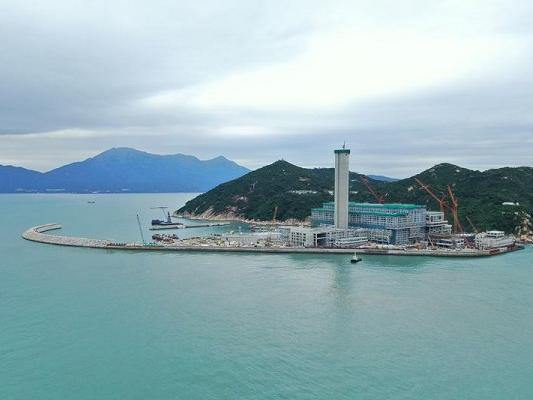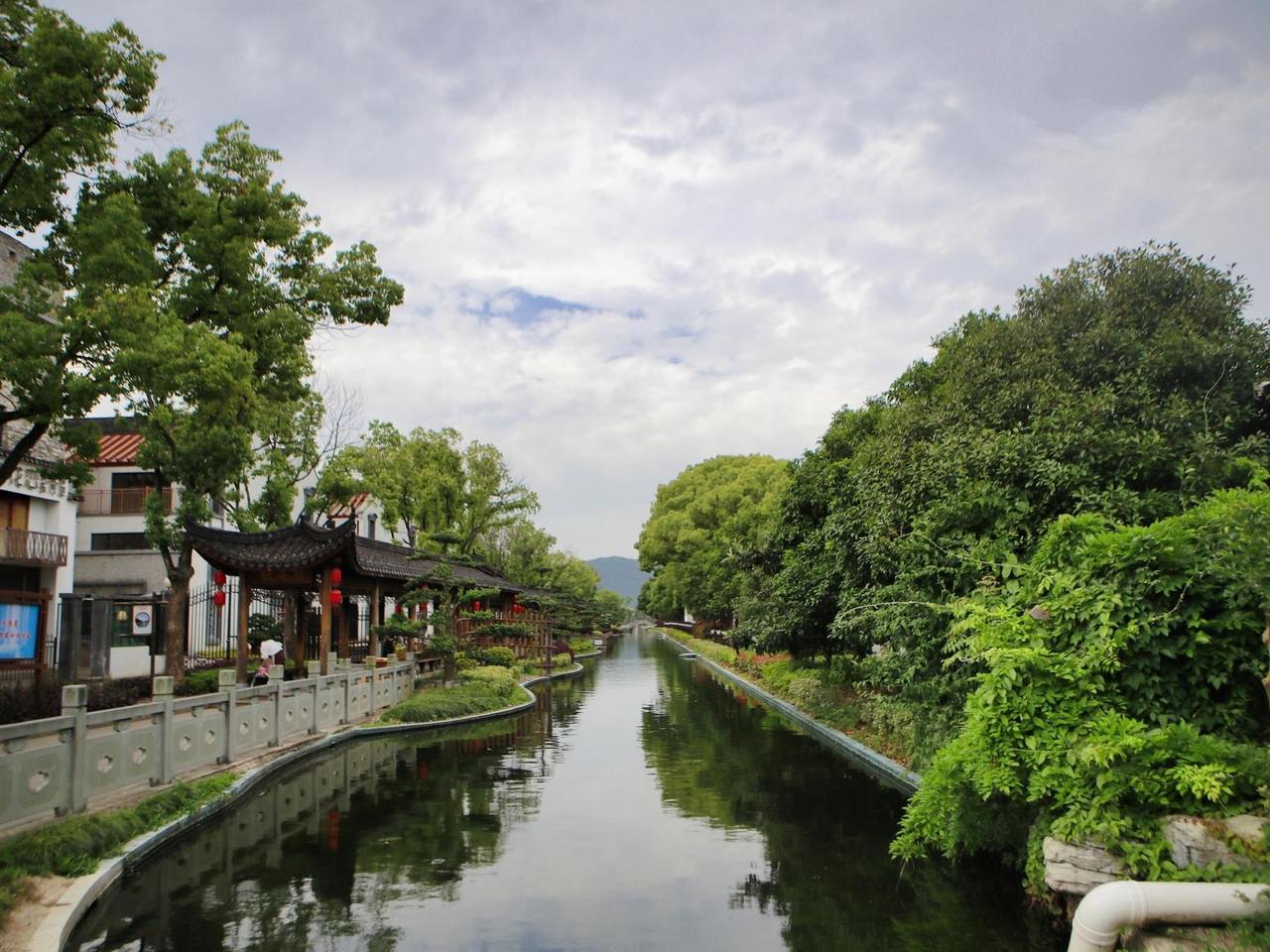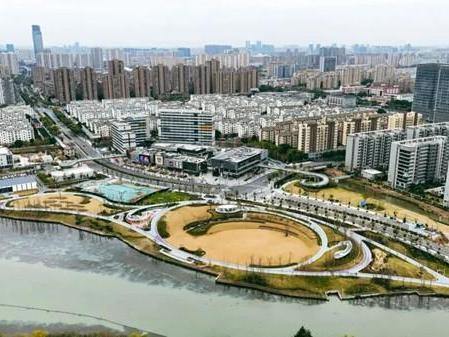Editor's Note: The 'Democracy Landscape' is an in-depth column that adopts a panoramic approach towards the topic of 'democracy'. We would like to include multi-disciplinary views and use comparative studies to explore the definition, practice, and performance of democracies across the globe. We believe that the topic of 'democracy' is open to be discussed and should not only have Western-centric definitions. As ancient Chinese wisdom said, to listen to both sides, one will be enlightened, but if heeding only one side, one will be benighted. Today, we'd like to share a piece from Zubeda Anjum Niazi, a contributor at 'The Diplomatic Insight'.
A joint statement was given by the Chinese People’s Association for Peace and Disarmament (CPAPD). The statement was regarding ‘making independent efforts to explore the path toward democracy and working together to promote common development.’
The statement was made by 351 political parties, think tanks, and social organizations from 140 countries and regions, at a summit.
Democracy represents an important achievement of humanity in the advancement of political civilization, and development an eternal pursuit throughout human history. People of different countries and regions, through their unremitting explorations, have brought about distinctively varied forms of democracy and development paths, presenting a magnificent spectacle of flourishing human civilizations.
Political parties, as they are in a position to build, preserve and develop democracy, have been charged with the important mission to realize democracy and promote development.
Democracy varies from Country to Country

The world is a diverse and colorful one. Diversity is what defines the fascinating feature of human civilizations, and indeed the source of vitality and dynamism for the development of the world.
The ways and means of realizing democracy are varied. Since different countries and regions may not necessarily share the same history, culture, social system, and development stage, there does not exist any system of democracy or pattern of development that is applicable to all countries.
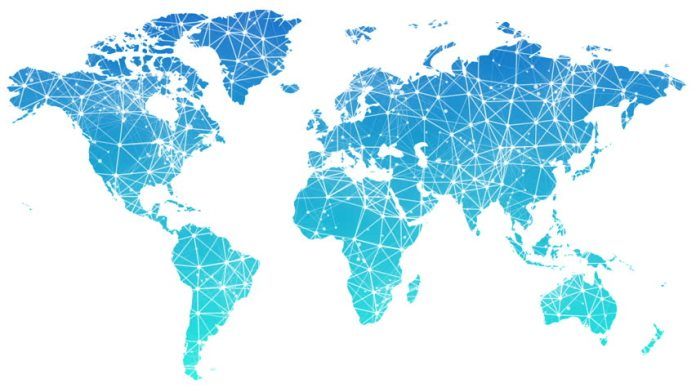
Democracy varies from Country to Country
Evaluation of Democracy
The practice of judging the rich variety of political systems around the world by a single yardstick, or observing the colorful political civilizations of humanity from a monochromatic sight, is in itself undemocratic. Nor is it conducive to development.
The best way to evaluate whether the political system of a country is democratic and efficient is to observe whether the succession of its leading body is orderly and in line with the law, whether all people can manage state affairs and social, economic, and cultural affairs in conformity with legal provisions, whether the public can express their requirements without hindrance, whether all sectors can efficiently participate in the country’s political affairs.
Additionally, whether national decisions can be made in a rational, democratic way, whether professionals in all fields can be part of the team of national leadership and administrative systems through fair competition, whether the ruling party can serve as a leader in state affairs in accordance with the Constitution and laws, and whether the exercise of power can be kept under effective restraint and supervision.
The judgment on whether a country is democratic hinges on whether the people can become the real masters of the country. While it is necessary to observe whether the people can enjoy the right to vote, it is even more important to observe whether their right to extensive participation is guaranteed.
While it is necessary to observe what verbal promises the people get during election campaigns, it is even more important to observe how many of the promises are fulfilled after elections.
While it is necessary to observe what political procedures and rules are stipulated in regulations and laws, it is even more important to observe whether these regulations and laws are rigorously enforced.
While it is necessary to observe whether the exercise of power follows democratic rules and procedures, it is even more important to observe whether the exercise of power is truly subject to supervision and restraint by the people.
Right of all People
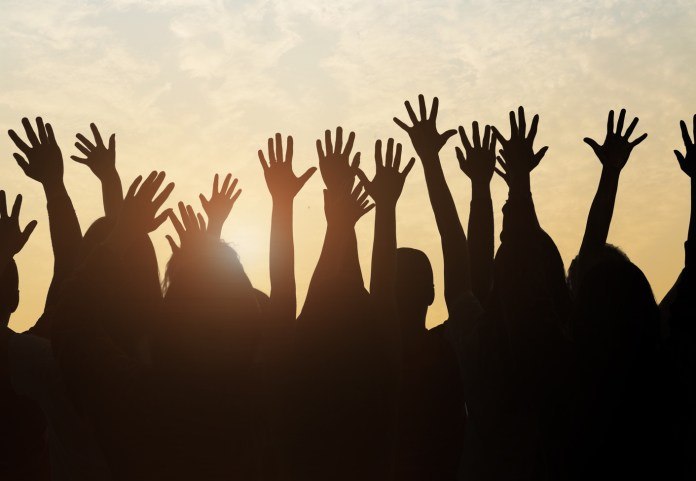
Democracy is a fundamental right of all people
Democracy is the right of all peoples, rather than an exclusive privilege of the few. The judgment on whether a country is democratic or not should be made by their people. Acts that interfere in the internal affairs of others in the name of democracy are unacceptable.
The point of departure, as well as the goal of the development of human society, should be to improve people’s wellbeing and to achieve well-rounded human development. The promotion of democracy should focus on the continuous realization of people’s aspirations for a better life and the upliftment of their sense of fulfillment, happiness, and security.
Currently, countries need to especially strengthen cooperation in the fields of poverty alleviation, food security, COVID-19 response and vaccines, development financing, climate change and green development, industrialization, digital economy and connectivity, and to accelerate the implementation of the UN 2030 Agenda for Sustainable Development, so that concentrated efforts are devoted to solving problems of the greatest, most immediate and most practical concern to the people.
All countries and all peoples of the world deserve the opportunity and right to development. Efforts need to be made to promote inclusive development and ensure that no country is left behind.

Multilateralism is an important component of Democracy
Multilateralism
To make international relations more democratic is the trend of the times and the only way to realize this lies in putting true multilateralism into practice. As mankind is faced with various challenges and global issues, the effective response thereto can only be found in more inclusive global governance, more effective multilateral mechanisms, and more proactive regional cooperation.
Better performance in the practice of multilateralism can always lead to better answers to the common problems facing humanity.
Efforts to build a human community with a shared future point the right direction to the development and progress of civilization. The shared human values of peace, development, fairness, justice, democracy, and freedom must serve as guidance in the endeavor to build such a community with a strong sense of responsibility for the future of humankind so that countries with different social systems, ideologies, histories, cultures, and levels of development can share interests, rights, and responsibilities in international affairs and work together to build a better world.
The statement concluded that the joint mission to promote democracy and improve people’s livelihood will be undertaken to work hand in hand to rise above all kinds of differences, promote exchanges and mutual learning, enhance mutual understanding and build broad consensus so that we continue to make our due contribution to the people’s wellbeing, national development, world peace, and human progress.
(The author is a contributor at 'The Diplomatic Insight', the original title of this piece is "CPAPD issued Joint Statement on Exploring Democracy")
Disclaimer: opinions expressed during this piece are solely those of the author himself and do not necessarily represent those of "In Zhejiang".
Editor: Ye Ke
